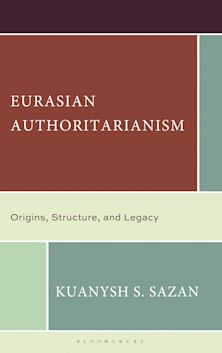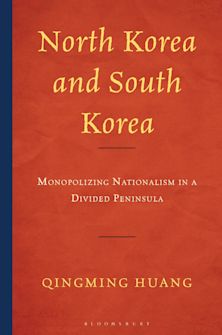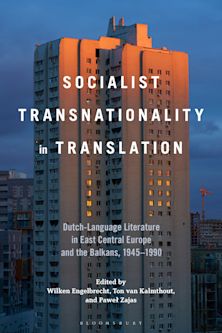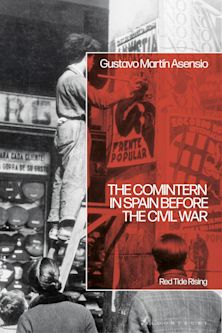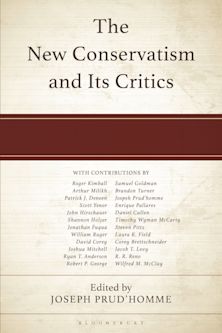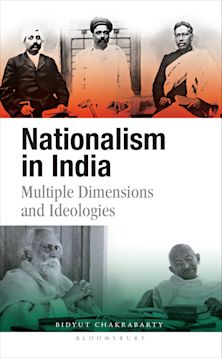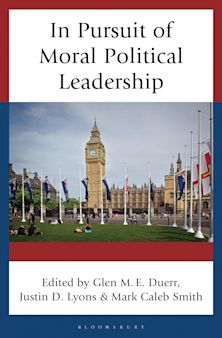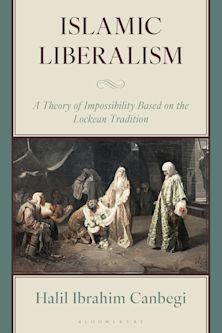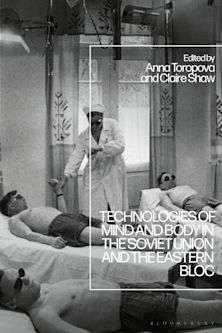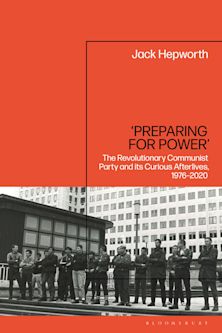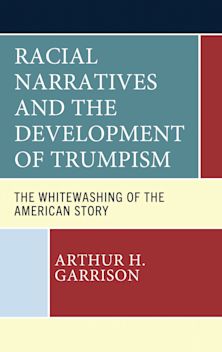The Post-Communist World in the Twenty-First Century
How the Past Informs the Present
The Post-Communist World in the Twenty-First Century
How the Past Informs the Present
This product is usually dispatched within 1 week
- Delivery and returns info
-
Free CA delivery on orders $40 or over
Description
The Post-Communist World in the Twenty-First Century presents studies by senior scholars and practitioners that are highly relevant to contemporary political challenges. The democratic vision that accompanied the collapse of communist regimes in the Soviet Union and East Central Europe has been replaced by a range of authoritarian, semi-authoritarian and democratic regimes, and growing division between Western and Russian influence. Russia’s invasion of Ukraine has led to renewed tensions and international crisis. China, which presents major challenges to the US, Europe, and the global order, has emerged as a critical actor in the international conflict. The need to understand the internal dynamics and international behavior of communist and authoritarian regimes is more urgent at this time. The expertise provided by the volume’s contributors is especially timely, offering new insights into the past and contemporary politics of these states, the agendas driving their behavior, regimes’ domestic strengths and weaknesses, and the role of leaders’ differing perceptions in exacerbating international conflict. Practitioners demonstrate how such knowledge can inform effective policy and ameliorative efforts.
Table of Contents
Acknowledgments
Introduction: Seweryn Bialer: Scholar, Teacher, Mentor by Linda J. Cook
Part I: The Study of Leaders and Leadership in Domestic and International Politics
Chapter 1: Haunted: Cold War Ghosts and the United States in an Era of Disruption by Bruce Parrott
Chapter 2: The Russo-Georgian War and the Turn to Great Power Rivalry by Thomas Sherlock and Andrew Sherlock
Chapter 3: Trapped on the Eve of War, 1941: Stalin and His Generals Failing Separately and Together by Cynthia Roberts
Chapter 4: Recovering Institutional Authenticity: Redeveloping the Central Organs of the Communist Party of the Soviet Union, 1953-64, and Effects by Barbara Ann Chotiner
Chapter 5: Populism in Power? Discourses of Leadership in Putin's Russia, 2000-2020 by Andrea Chandler
Chapter 6: Avoiding the Succession Trap: Leadership Change in Survivor Communist Regimes by Gerald M. Easter
Chapter 7: Russia and Post-
Product details
| Published | Jun 28 2022 |
|---|---|
| Format | Hardback |
| Edition | 1st |
| Extent | 328 |
| ISBN | 9781793636096 |
| Imprint | Lexington Books |
| Illustrations | 13 b/w photos; 5 tables; |
| Dimensions | 228 x 160 mm |
| Publisher | Bloomsbury Publishing |
Reviews

ONLINE RESOURCES
Bloomsbury Collections
This book is available on Bloomsbury Collections where your library has access.












